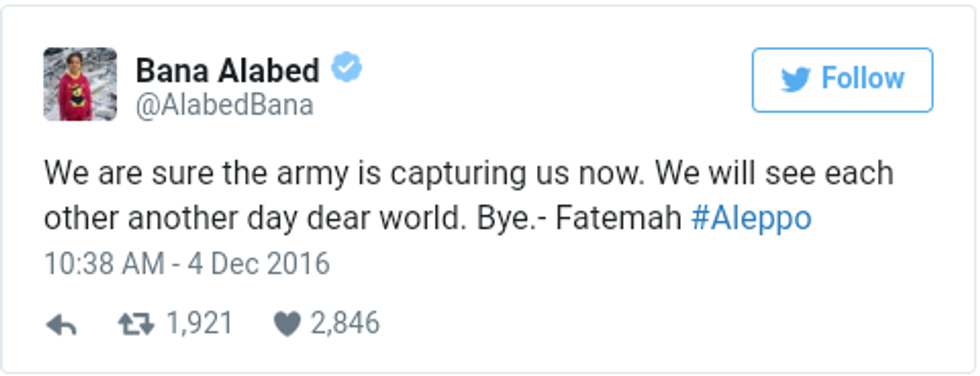This Christmas I had the pleasure of seeing the newest development in the Star Wars franchise: Rogue One. This film stood out from previous Star Wars films for a variety of reasons, but most of all for its darker tone and historical illusions. Even a novice Star Wars fan can't miss the allusions to Nazi Germany made in several of the films (Lucas himself readily admitted to this historical influence). Still, the violence and atrocity of previous films never rang true to me. Partly because I was a kid, but partly because there was a mythic quality to the earlier films that made it easy to distance oneself from the most brutal aspects of the story (Like Anakin’s brutal slaughter of children for instance). But Rouge One was different. It wasn’t steeped in the myths and legends of the Jedi. Instead, Rouge One focused on the stories normal people caught in the heartbreak and turmoil of war. I’m not a die-hard Star Wars fan by any means, but they were a central part of my growing up and so, despite my preference for fantasy over Sci-Fi, it’s still exciting to see the newer films and learn more about the ever-expanding Star Wars universe. But a third of the way through Rogue One, I found myself truly amazed, not by the film, but by the realization that the story of Rouge One is based in far more truth than fiction.
A day or so before seeing the film, I remember running into countless articles on Facebook describing the countless horrors of Aleppo. One article from the Washington Post, in particular, stuck with me. It was about a little girl named Bana al-Abed who had been documenting her and her family’s struggle via twitter. It was on December 4th when the girl’s mother Fatemah posted this final tweet
My heart sank, but I simply closed my laptop and went back to my life. However, while watching Rouge One, that sinking feeling snuck up on me once again. Because at the exact moment that I was watching this harrowing Sci-Fi thriller about war and loss, all just to pass the time, millions went to bed not knowing If they would make it through the next day. My naiveté and my privilege hit me square in the face and I was left in awe of my own willful ignorance.
It’s easier to ignore tragedies when they’re halfway around the world. The timing of Rouge One is serendipitous, to say the least. And the craziest bit is, I doubt the creators of the film were thinking about Syria when they wrote this film. They were just trying to tell a compelling story. And what’s more compelling than the age old tale of perseverance in the face of tragedy. Countless stories about the atrocities of war, both real and imaginary, have captured the imaginations of millions for who knows how long. But as Washington Post’s Caitlin Gibson so aptly points out, today, with social media and other technologies that make information instantaneous, “This time the world is watching the story unfold in the present, moment to moment, with no sense of how it will end.”





















